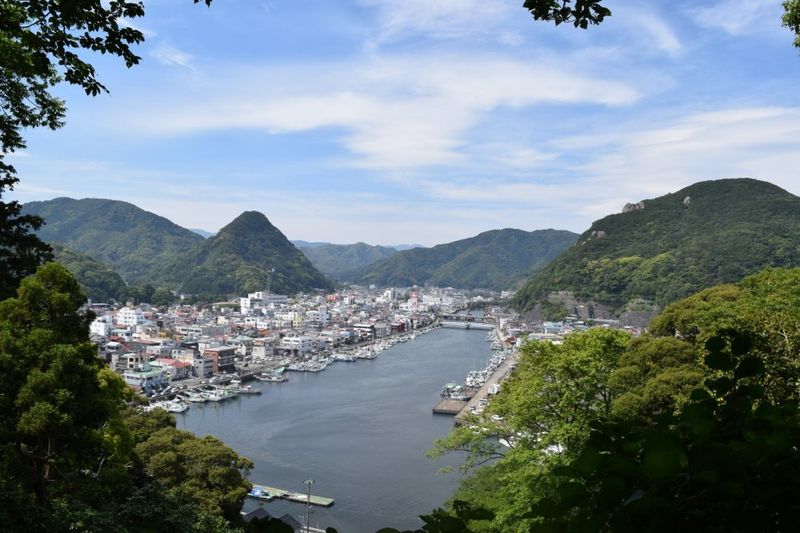May 5, 2025
Does disaster risk shape where you choose to live in Japan?
The Izu Peninsula has to be one of my favorite places in Japan, with its postcard-worthy beaches, interesting historical spots like Shimoda, and options for hot springs getaways making it a fabulous spot to visit. Shizuoka in general also ranks pretty highly in just about every survey I've seen on the places people would choose to live in Japan if they had the chance.

Shimoda - one of my favorite places in Japan, but also potentially super dangerous if the Nankai Trough has its way.
It got me thinking, though, after an article I read over the past week. Despite all the fantastic things the Izu Peninsula has going for it, it's also a spot that would realistically be in the line of fire if the Nankai Trough megaquake was to happen. That article mentioned that Shimoda could face a 31-meter high tsunami if worst came to worst, which dashes all my dreams of buying some cheap fixer-upper property there and renovating it.
What I was curious about was whether the risk of natural disasters in certain areas shapes where you choose to live here (if you have that option). I know that for some of us we're required to live certain places based on jobs, or even family obligations. But if you could just pick wherever you wanted to live, would that factor into it? Do you look at certain areas (e.g. coastal spots) as more high risk than other areas?



1 Comment
TonetoEdo
1 hour ago
The Nankai Trough event is predicted to damage just about everywhere on the Pacific Coast. At one time, I considered moving to the eastern wards of Tokyo, but backed out when I learned more about the earthquake scenarios. Where I am now, the intersection of Chiba, Saitama, and Ibaraki, quakes and typhoons are risks. Closer to Tokyo Bay means a much higher risk, especially of flooding. I live in a municipality upriver with a super-embankment and high ground above flood risk within a 10-minute sprint of home. No matter where you are, prep for disaster to the best of your ability. Japan shakes, catches fire, gets blown over, and is inundated on the regular.